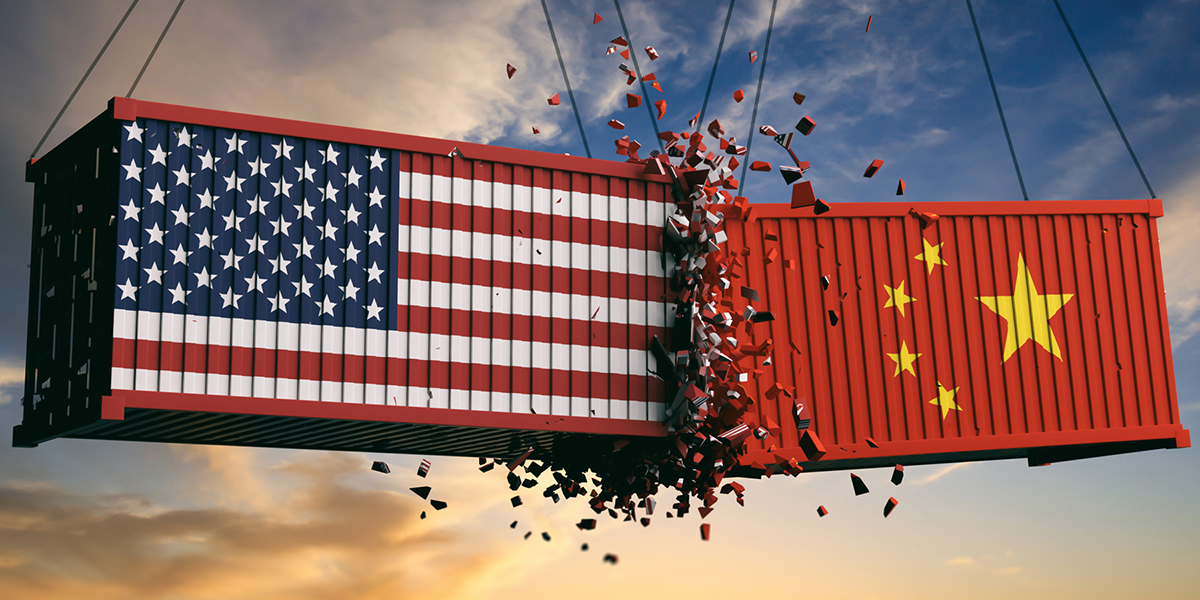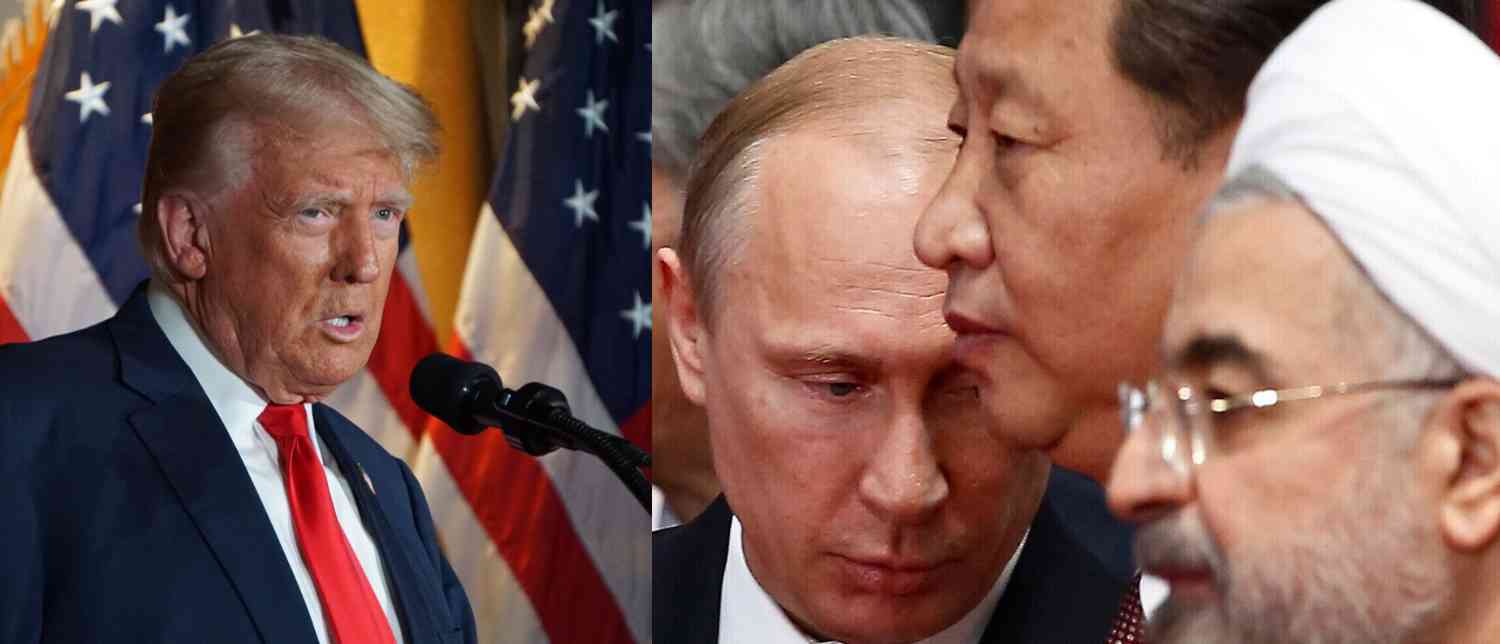China continues to buy large amounts of oil from Russia and Iran, despite strong pressure from the United States. This ongoing energy trade reflects strategic decisions by China to secure its energy needs and maintain economic stability, even as tensions grow with the U.S.
_1754295817.webp)
Recently, China imported over 1.8 million barrels per day of Iranian crude oil in June 2025, marking the highest volume ever recorded. The demand was mainly driven by China’s independent refineries, often called "teapots," which rely heavily on Iranian oil because it is cheaper than alternatives. These refineries have been eager to replenish their supplies after inventories had depleted. Iranian oil supplies have been rising since May, supporting this trend. Despite U.S. sanctions aimed at cutting Iran’s oil revenues, China continues this trade largely without interruption by using alternative shipping routes and trading practices.
On the Russian side, China is also the largest global buyer of Russian fossil fuels and crude oil. In June 2025, about 64% of China’s imports from Russia were crude oil, contributing to 38% of Russia’s monthly fossil fuel export earnings. China’s Russian oil imports increased slightly by 5% in June compared to the previous month. China’s demand for Russian oil reflects long-term strategic ties and economic interests, as Russian oil is purchased at a discount compared to other sources. This continued import relationship allows China to save billions in energy costs and strengthens its geopolitical partnership with Russia.
The U.S. government has pushed hard for China to reduce or stop these oil imports from Russia and Iran, citing concerns over supporting regimes involved in conflicts or facing sanctions. However, China rejects these demands, stating that such pressure is coercive and interferes with its sovereign right to secure energy supplies to serve its national interests. China’s approach is based on energy security, economic benefit, and political strategy. These oil imports from Russia and Iran not only help meet China’s huge energy demand but also provide Beijing with leverage in its diplomatic relations and trade tensions with the U.S.

The situation illustrates the complex intersection of global energy markets, geopolitics, and national interests. China’s sustained oil imports from Russia and Iran highlight how countries balance economic necessities and international pressures. While the U.S. aims to curtail funding sources for these countries by targeting oil exports, China prioritizes its own energy stability and economic growth.
This ongoing dynamic points to broader challenges in global diplomacy, where energy trade becomes a key factor shaped as much by strategic calculations as by market forces. For many people watching, it raises important questions about how nations can reconcile competing interests in energy security, global politics, and economic cooperation in an increasingly interconnected world.
In summary, China’s continued oil trade with Russia and Iran is both an economic strategy and a political statement, showing that Beijing is determined to maintain its energy independence amid external pressure. The outcome of this standoff will affect global energy markets and international relations for years to come.
With inputs from agencies
Image Source: Multiple agencies
© Copyright 2025. All Rights Reserved. Powered by Vygr Media.

























